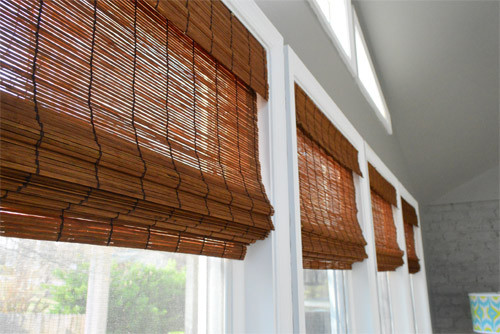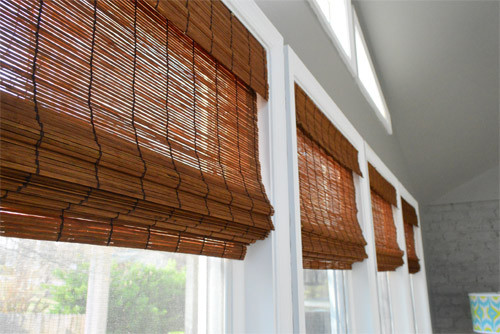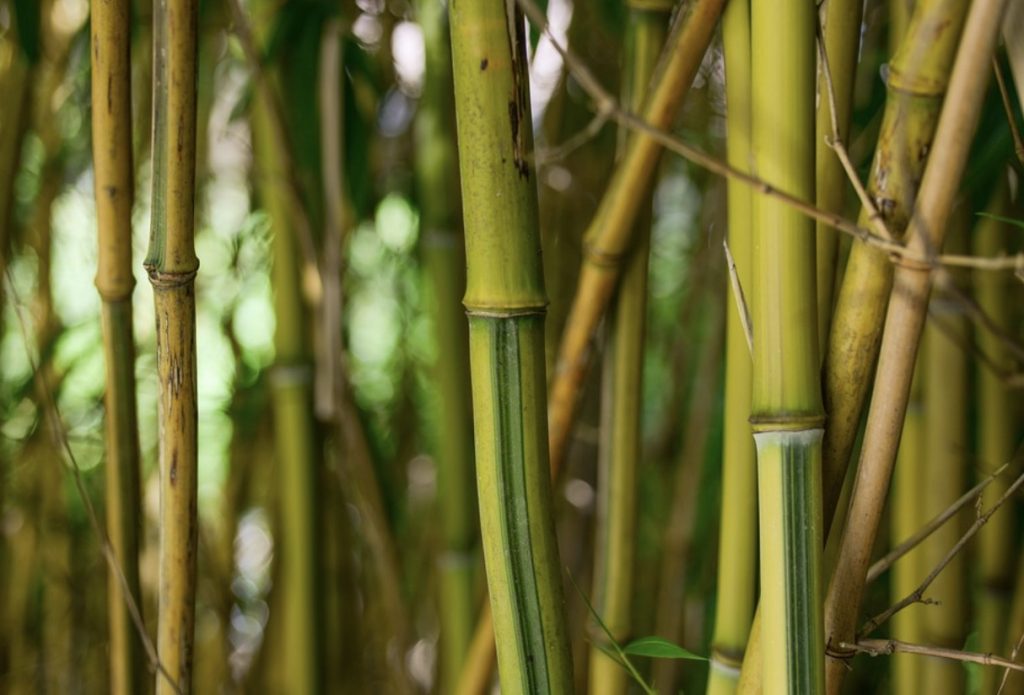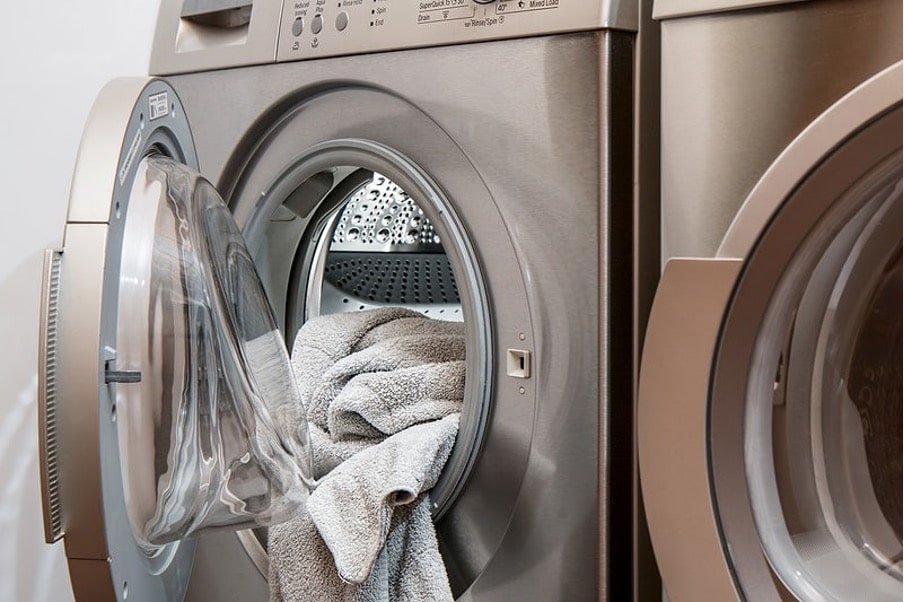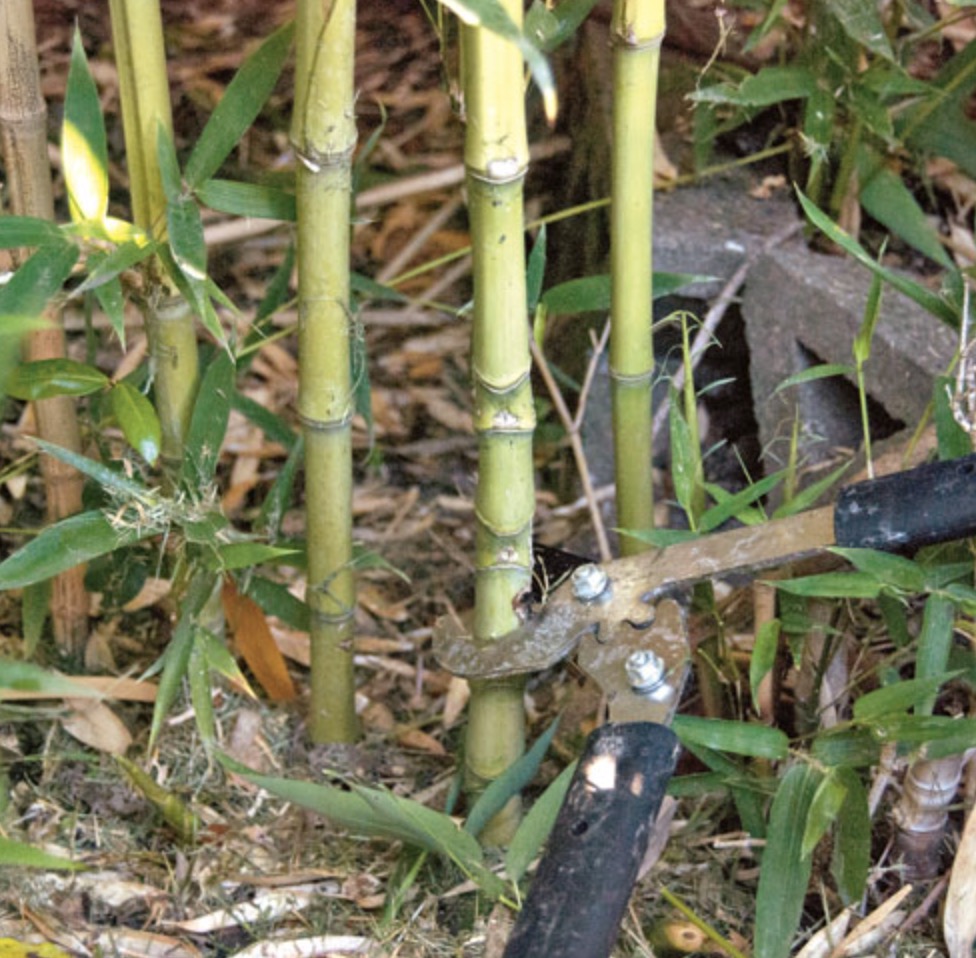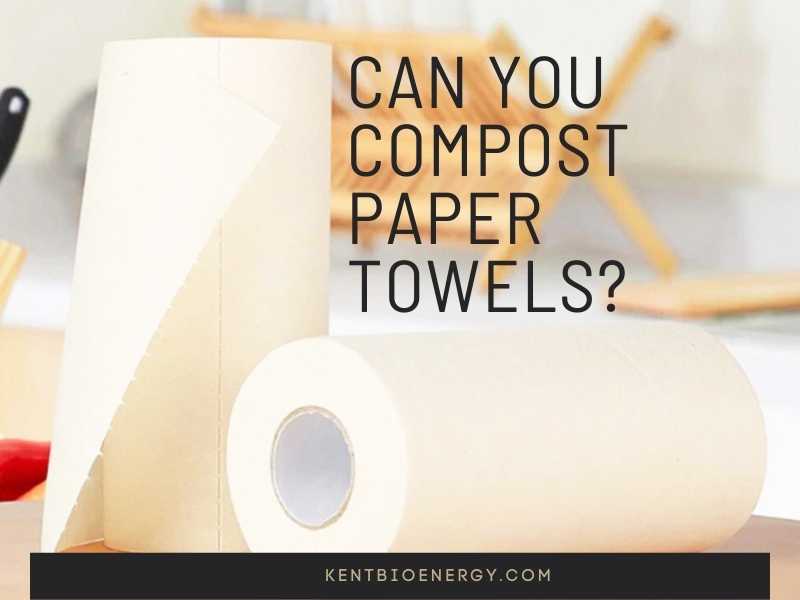There have been some claims about the harmful impact of toilet paper on the septic system. If you search on the Internet, there will be some complaints about recycled toilet paper blocking the drains, but how about the bamboo tissue products? Is bamboo toilet paper septic safe?
We will answer this question in this blog and provide you with other relevant information related to this topic! Read on!
Is Bamboo Toilet Paper Septic Safe?
Yes, it is safe for your septic. Your septic system can have issues with traditional recycled toilet paper because it is not 100% dissolved, but not with the bamboo one!
To be more specific, bamboo toilet paper is different as it is broken down and fully biodegradable. When this paper comes to your sewage system, its fiber can easily depose. Hence, you can be relaxed when using bamboo toilet paper, as this product won’t cause any septic system issues!
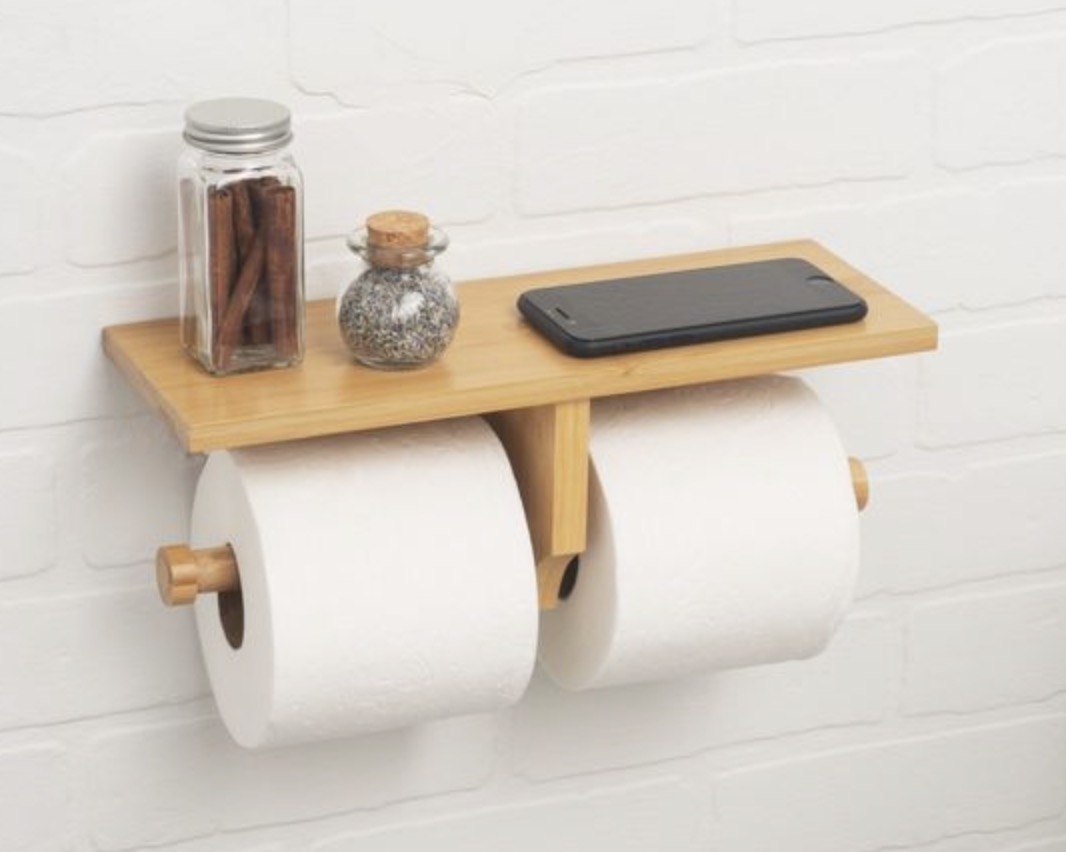
Is Bamboo Toilet Paper Better for the Environment?
Bamboo vs Virgin Toilet Paper
Comparing timber and bamboo toilet paper shows that tissue products made from bamboo are much better for the environment.
Timber and virgin wood used for making tissue need many years to grow compared to bamboo. For this reason, these trees will also need more water and effort from us.
Growing trees purposely for toilet paper is already a higher cost for the environment; cutting trees right in the forest is an even bigger issue. In detail, it is reported that 15% of deforestation issues are related to toilet paper usage.
After over 20 years of growing in a forest and giving us oxygen to breathe and prevent natural disasters, many trees are cut down without mercy for the sake of dining and bowel movement.
Thus, people who love the environment have been thinking about a better way to solve this issue, and bamboo paper can do a much better job. Bamboo is not listed as hardwood but as grass; this is why it grows super fast and requires much less land. Moreover, they will continue growing after being cut, so we do not need to replant them like hardwood trees.
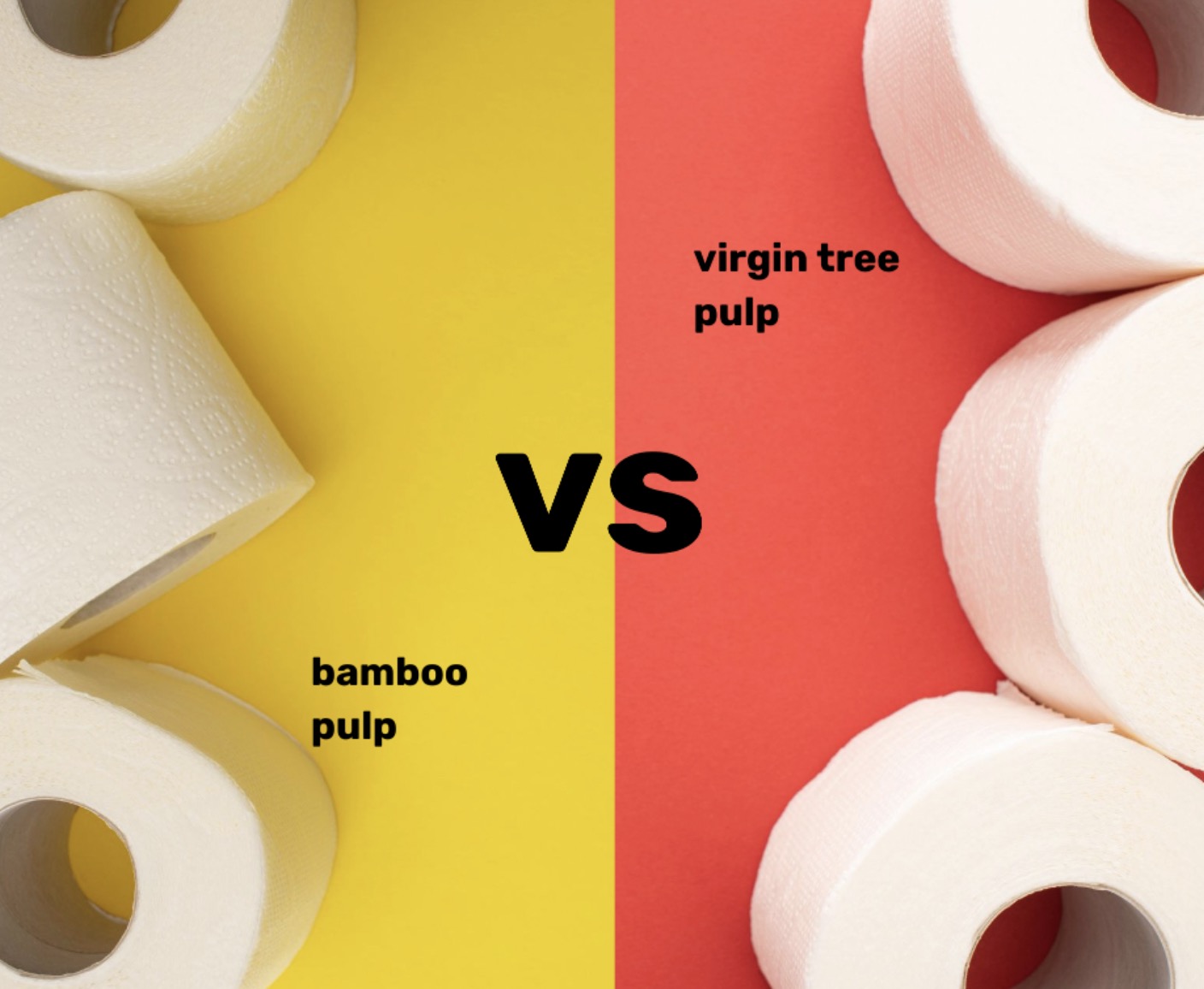
Bamboo vs Recycled Toilet Paper
When it comes to the resources needed for toilet paper, recycled toilet paper is still more eco-friendly than bamboo. Even though bamboos need less land, water, and time to grow, they still need some of the resources that recycled tissue products do not require.
One con of recycled paper is that we need to use chemicals to break down its fiber and clean off the ink. So when it comes to chemical usage, recycled toilet paper has more negative effects than bamboo.

Ever wondered why bamboo toilet paper is better for the planet? Bamboo requires 90% less water and 72% less carbon to make than wood pulp toilet paper. We didn’t want to stop just there. Our Bambool toilet paper contains 0% plastic packaging and is packaged in 100% recycled paper
Does Bamboo Toilet Paper Block Drain? 100% Blockage-Free
Bamboo toilet paper is 100% blockage-free. Even though it is persistent and soft, that you possibly think it might block your drain; the truth is the opposite.
When in contact with water, the bamboo paper will be broken down super easily. Hence, many users have reported zero issues with clocking drains of pipes related to bamboo tissues.
Is Bamboo Toilet Paper Sustainable?
Release Less Greenhouse Effects
Yes, bamboo toilet paper is sustainable as it releases nearly 30% fewer greenhouse effects than tissue products made directly from virgin wood.
Like we mentioned above, bamboo is like grass. It grows super fast and needs to be cut to continue living and growing. By taking advantage of the living force of this plant, we can continue harvesting its fiber without cutting it down entirely or regrowing new trees over and over again.
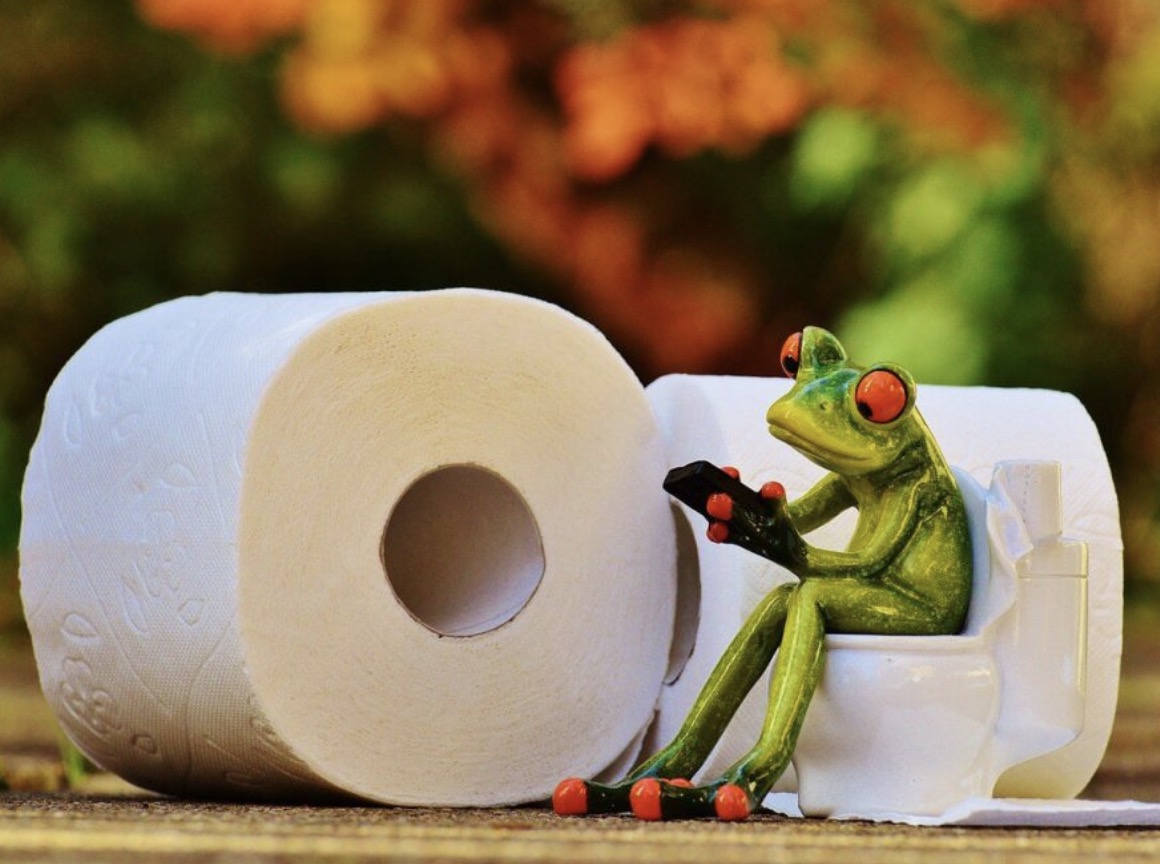
Reduces Bad Effects from Chemical Use
We all know that chemicals can cause considerable damage to the Earth, and unfortunately, chemicals are required in all types of toilet paper-making processes.
Still, using bamboo toilet paper is more sustainable than other virgin wood and recycled ones, as bamboo paper does not need bleaching and deinking chemicals.
Why is Bamboo Toilet Paper so Expensive?
Bamboo toilet paper is more expensive because it needs culturing activities and human work in all the processes. As bamboos do not grow in the forest like other trees, we cannot just go there and cut them down, but have to buy land, grow them, harvest them, and turn them into the final products. Generally, bamboo tissue is more expensive than virgin tissue.
Recycled toilet paper is also cheaper than bamboo toilet paper because the bamboo one requires a longer time to produce than the other one.

Final Thought
Is bamboo toilet paper septic safe? After answering different questions about tissue products made from this plant, we think you already know that this product is 100% safe for your drain system. Besides, you also know that using toilet paper made from bamboo will add fewer effects to the environment regarding the making process.
Help Us! Share on:


